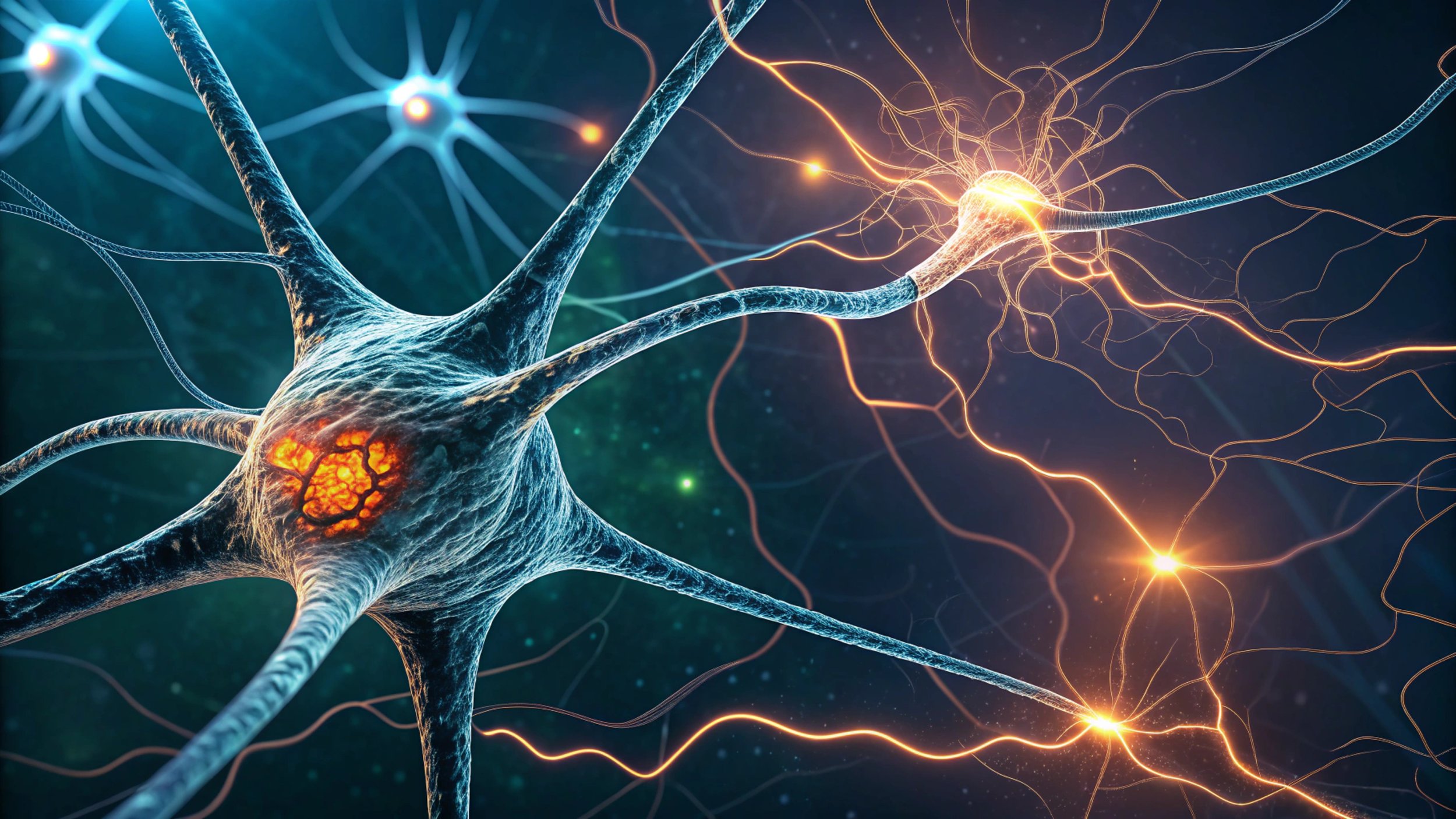overcoming trauma
EMDR therapy in Texas
Trauma has a way of lingering
lets find a way to ease the burden together.
If you feel trapped by past experiences, and unable to move forward despite your best efforts, you’re not alone. EMDR (Eye Movement Desensitization and Reprocessing) therapy offers a way to process these painful memories so they no longer hold power over your life.
Let me help you in reshaping thoughts, emotions, and even the body’s response to everyday experiences. It can leave behind anxiety, fear, and distress that seem impossible to shake.
EMDR is a highly effective, research-backed approach that helps individuals reprocess distressing memories in a way that reduces their emotional intensity. Unlike traditional talk therapy, EMDR doesn’t require you to relive painful moments over and over. Instead, it works with the brain’s natural healing process to help you find relief from the emotional weight of trauma.
Using guided eye movements or other forms of bilateral stimulation, EMDR helps the brain reprocess traumatic memories, allowing them to be stored in a way that no longer triggers distressing emotions, thoughts, or bodily reactions.
This approach has been proven to help with PTSD, anxiety, depression, panic attacks, and other trauma-related symptoms.
Do You Feel Stuck in the Past?
If you experience any of the following, EMDR may be the right approach for you:
Recurrent distressing memories that feel as vivid as the day they happened
Unexplained emotional outbursts or difficulty regulating emotions
Struggles with self-worth due to past experiences
A sense of detachment, numbness, or feeling disconnected from life
Avoidance of situations, places, or people that trigger painful memories
Nightmares or disrupted sleep patterns tied to past trauma
How can EMDR Help? Here’s what we’ll do together
EMDR therapy doesn’t erase painful experiences, but it can change the way they affect you.
Process Past Trauma: EMDR therapy (Eye Movement Desensitization and Reprocessing) is designed to help individuals process and recover from traumatic memories. In our sessions, we focus on identifying specific distressing memories that continue to impact your emotional well-being. Using EMDR techniques, we guide your brain to reprocess these memories in a way that reduces their emotional intensity. The goal is to help your brain "file" these memories properly, so they no longer trigger overwhelming emotional responses. This process can be transformative, allowing you to recall past events without experiencing the same level of distress.
Reduce Emotional Distress: EMDR therapy is particularly effective in calming the nervous system and reducing the power of emotional triggers. Through guided eye movements and attentive processing, this therapy helps diminish the intensity of emotional reactions to triggers over time. By repeatedly engaging with the memories in a controlled and therapeutic setting, your brain learns to cope with and react differently to the triggers. The result is a significant decrease in emotional distress, leading to a more balanced and calm emotional state, even in situations that previously felt overwhelming.
Rebuild a Positive Self-Image: Trauma can severely distort how you see and feel about yourself. EMDR therapy addresses these negative and often inaccurate self-perceptions by helping you reframe and challenge these beliefs. During our sessions, we will work together to identify the negative beliefs you’ve developed as a result of your traumatic experiences. Through targeted EMDR interventions, you will learn to replace these negative beliefs with more positive and compassionate views of yourself. This shift is crucial in building self-esteem and confidence, empowering you to see yourself in a new and positive light.
Create Lasting Emotional Resilience: Our work with EMDR doesn't just help you cope with past traumas—it also equips you with the tools to handle future stresses and challenges with greater resilience. As you process and come to terms with your experiences, you'll develop new strategies for managing stress and emotional upheaval. These tools will be invaluable as you face life’s challenges, helping you to respond to stressful situations with increased calm and effectiveness. Building these skills is a key outcome of EMDR therapy, contributing to a more resilient and adaptive emotional life.
At the end of the day, I want you to know that:
Healing isn’t about simply ‘getting over it.’
It’s about giving yourself the space to heal at your own pace, with a therapist who understands the depth of your pain and the strength it takes to face it.
What we’ll work on
Imagine a life where…
You don’t have to keep reliving the pain of the past.
You move forward with a sense of peace and empowerment.
Change is possible.
Healing is within reach.
Questions?
FAQs
-
EMDR therapy uses a structured approach that includes focusing simultaneously on spontaneous associations of traumatic images, thoughts, emotions, and bodily sensations while engaging in eye movements or other bilateral stimulation. This process helps to reduce the emotional impact of traumatic memories.
-
It's important to discuss this with a qualified mental health professional who can assess your specific situation. If you have a history of trauma or symptoms that have not been resolved through other forms of therapy, EMDR may be an appropriate option.
EMDR should only be performed by a trained and licensed therapist who is specifically certified in EMDR. The training ensures that the therapist is properly equipped to handle any emotional or psychological distress that may arise during therapy. -
EMDR may not be suitable for individuals with certain types of mental health conditions that affect their ability to stabilize emotions or those with complex psychiatric issues. People with severe dissociative disorders, certain types of personality disorders, or those who have difficulty with attachment might not respond well to EMDR as the first line of treatment. It is crucial for anyone considering EMDR to undergo a thorough assessment by a trained professional to determine if EMDR is an appropriate treatment option.
Other Services I Can Help You With
-

Anxiety Therapy
Living with anxiety can feel like being trapped in a cycle of endless worry and unease.
Let me help you regain control. -

Relationship/Couples Therapy
Together, we explore patterns shaped by past experiences and build healthier, more connected dynamics — with yourself and your partner.
-

Depression Therapy
Depression is often a symptom of unresolved emotional pain or trauma. In therapy, we look beyond the sadness or numbness to understand where it comes from — and begin rebuilding from the inside out.
-

EMDR
EMDR therapy offers a way to process these painful memories so they no longer hold power over your life.
-

Brainspotting
Brainspotting is a highly effective method helps you process unresolved experiences and find relief without having to relive painful memories in detail.
-

Tarot in Therapy
In my practice, tarot is not used for fortune-telling. Instead, it serves as a powerful visual and symbolic language—a mirror to the soul that helps articulate emotions, inner conflicts, and patterns that may be difficult to express with words alone.
-

Childhood Trauma Therapy
I specialize in helping adults heal from childhood trauma, particularly those who grew up in dysfunctional or emotionally neglectful families. Reconnect with your inner self, and build healthier patterns.
-

Trauma Therapy
I provide trauma therapy for adults who are ready to explore and heal the deep emotional wounds from their past. Trauma stemming from childhood experiences, difficult relationships, or major life events, I offer a safe and compassionate space to process and move forward.
Getting support shouldn’t be a struggle.
I accept the following insurance for in-person sessions in Houston and virtual sessions across Texas. I can help you check your benefits so you know exactly what’s covered.
If you’re not with Aetna, I offer superbills for out-of-network reimbursement and private pay options. We’ll find what works best for you — because paying for care shouldn’t be the hardest part.


